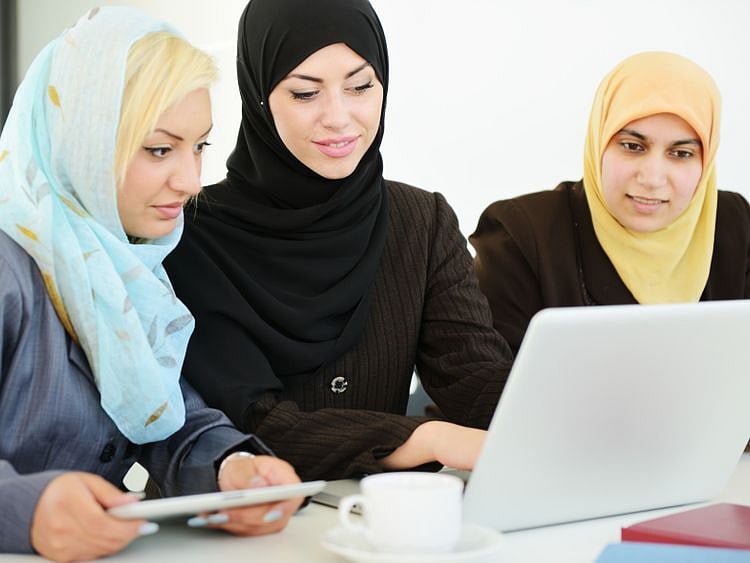Over the decades many nations around the world have managed to keep up with modern science and technology in multiple fields, thereby advancing their status in the world. Examples are many, including Germany and Japan, both of which rose from the devastation of the Second World War to rebuild their countries with major achievements.
Asian countries like India followed suit. Turkey and Brazil too rose as economic powers during the first decade of this century. In Africa, countries like Ethiopia and Rwanda are now taking similar steps.
Therefore, we ask, why do the Arabs refuse to be awakened from their slumber? It’s time to see that God has endowed them with all the requirements of progress, but we are still stuck in time. We should ask who thwarted the thoughts and plans of Arab reformers like Mohammad Abdo, Jamal Al Din Al Afghani and Abdul Rahman Al Kawakibi, who, decades ago, alerted Muslims and called on them to join in on the path of progress?
In response to these big questions, there are those who believe that the emergence of trends of religious extremism (who had access to large financial funds) led to the destruction of Arab innovation.
These trends, according to some, succeeded in turning things in the opposite direction. Instead of acknowledging that Arabs are behind in several ways, and the ‘other’ is advanced by virtue of intellect and science, they say the West is ugly and unethical and we as Muslims are the best — for one sole reason: being Muslim!
In a way this ‘logic’ goes on to admit that we may be backward technologically, scientifically and economically, but we are better than all developed countries ‘only because we are Muslims’!
This sort of ideology has greatly contributed to weakening the Arabs. The question remains: The Arab world is abound with resources, so why then do we still lag behind? In the modern era, only backward people believe that ‘wealth’ alone can make them rich without the need to use the mind.
We see that while some countries advance in several indices, the Arab world is nowhere near in terms of innovation or technological know how. Although it has come down since the 1970s, the rate of illiteracy in the Arab countries remains high, compared with the world average. The 2018 statistics of The Arab League Educational, Cultural and Scientific Organisation (ALECSO) show that illiteracy rates in the Arab world have reached 21 per cent which is higher than the global average of 13.6 per cent. ALECSO added that these figures are “likely to rise in light of the educational conditions experienced by some Arab countries due to crises and armed conflicts, which resulted in the failure of about 13.5 million Arab children to enrol in formal education for being dropouts and non-enrolled.”
The reform of education is one of the most important issues facing the Arab world. It is closely linked to the well-being of people and improvement of their condition. It is a matter of vital importance to society. Therefore, it is necessary to start from early education, from which the human abilities emanate towards building a society that is proud of its identity, heritage and culture. It is a stepping stone towards building a successful society.
Yes, this can be achieved through carefully-planned management and development of the pre-university basic education sector.
It is also important to be firmly linked to the national identity, which is inseparable from global trends and, of course, on the basis of a critical intellectual development that allows for questioning and debate rather than on the basis of indoctrination.
— Professor As’ad Abdul Rahman is the chairman of the Palestinian Encyclopaedia.
Sign up for the Daily Briefing
Get the latest news and updates straight to your inbox
Network Links
GN StoreDownload our app
© Al Nisr Publishing LLC 2026. All rights reserved.
